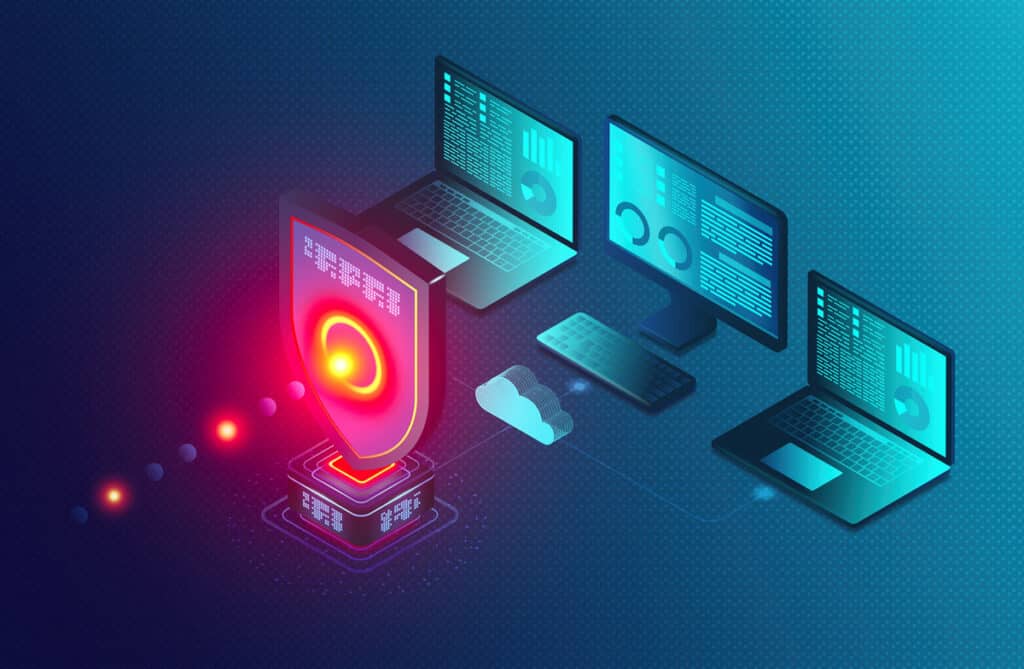When it comes to cybersecurity for your Utah business, there are a variety of different tools and technologies that businesses can leverage to protect themselves. Two of the most common options are endpoint detection and response (EDR) and antivirus solutions. But what’s the difference between these two types of solutions? Let’s take a closer look.
First, what is an endpoint?
In cybersecurity, an endpoint is any device that can connect to a network. This includes laptops, smartphones, and even IoT devices. Each of these endpoint devices is a potential entry point for malware or other malicious activity.
What are the risks of having multiple endpoints?
In the new “work from anywhere” environment accelerated by the response to the pandemic, the amount of endpoints have increased. Basically, the more endpoint devices you have, the greater the risk of a security breach. That’s because each endpoint is a potential entry point for malicious activity. If only one of your endpoint devices is compromised, it can give attackers access to your entire network and allow them to steal data or disrupt your operations. Therefore, it’s important to have security measures in place to protect ALL your endpoints. This is where EDR and antivirus solutions come in.
What is EDR?
EDR is short for Endpoint Detection and Response. It’s a type of security solution that helps businesses detect and respond to threats targeting their endpoint devices. EDR solutions work by continuously monitoring endpoint activity for suspicious behavior. If a threat is detected, the solution will take action to neutralize it.
What are the benefits of EDR?
EDR solutions offer a number of benefits, including:
- Improved detection: EDR solutions can detect both known and unknown threats. This is because they don’t rely on signatures like antivirus solutions do.
- Faster response: EDR solutions can help you quickly identify and respond to threats. This is because they provide visibility into all endpoint activity.
- Prevention: EDR solutions can also prevent attacks by blocking suspicious behavior before it results in a compromise.
What is antivirus?
Antivirus is short for anti-virus software. It’s a type of security solution that helps businesses protect their endpoint devices from malicious software. Antivirus solutions work by scanning endpoint devices for malicious software and quarantining or removing any threats that are found.
What are the benefits of antivirus?
Antivirus solutions offer a number of benefits, including:
- Protection from known threats: Antivirus solutions can protect your devices from known malware threats. This is because they rely on signatures to identify threats.
- Easy to use: Antivirus solutions are typically easy to install and use. This is because they don’t require any special configuration.
- Low resource usage: Antivirus solutions usually have a low impact on system resources. This means they won’t slow down your devices.
What’s the difference between EDR and antivirus?
Now that we’ve looked at EDR and antivirus solutions, let’s compare and contrast these two types of security solutions.
The main difference between EDR and antivirus is that EDR solutions focus on detection and response, while antivirus solutions focus on prevention.
EDR solutions are better at detecting both known and unknown threats. This is because they don’t rely on signatures like antivirus solutions do. Additionally, EDR solutions provide visibility into all endpoint activity, which allows for a faster response to threats.
However, antivirus solutions are typically easier to use and have a lower impact on system resources. Additionally, they can protect your devices from known malware threats.
Do I need both EDR and Antivirus?
Yes, we recommend both EDR and antivirus.
While antivirus solutions focus on prevention, they can’t protect your devices from all threats. This is because they rely on signatures to identify threats, which means they can only protect your devices from known threats. Additionally, antivirus solutions have a limited impact on system resources, which means they may not be able to detect certain types of threats.
EDR solutions complement antivirus solutions by focusing on detection and response. They can help you quickly detect and respond to both known and unknown threats. Additionally, EDR solutions provide visibility into all endpoint activity, which helps you investigate and neutralize threats.
So, if you want to effectively protect your endpoint devices from all types of threats, you need both EDR and antivirus.
How Simple Systems can help
While EDR and antivirus are essential tools, they’re only individual pieces within a complete cybersecurity strategy. That’s where Simple Systems can help. We can help set up and configure an EDR and antivirus solution for you, while also developing a robust cybersecurity plan that will maximize your ability to defend against cyber threats.
For more information about how Simple Systems can help your organization’s cybersecurity, please feel free to give us a call or schedule a consultation. We help businesses all over Utah realize the benefits and ROI that can come from Managed IT services and cybersecurity solutions.
EDR vs. Antivirus – What’s the Difference?
When it comes to cybersecurity for your Utah business, there are a variety of different tools and technologies that businesses can leverage to protect themselves. Two of the most common options are endpoint detection and response (EDR) and antivirus solutions. But what’s the difference between these two types of solutions? Let’s take a closer look.
First, what is an endpoint?
In cybersecurity, an endpoint is any device that can connect to a network. This includes laptops, smartphones, and even IoT devices. Each of these endpoint devices is a potential entry point for malware or other malicious activity.
What are the risks of having multiple endpoints?
In the new “work from anywhere” environment accelerated by the response to the pandemic, the amount of endpoints have increased. Basically, the more endpoint devices you have, the greater the risk of a security breach. That’s because each endpoint is a potential entry point for malicious activity. If only one of your endpoint devices is compromised, it can give attackers access to your entire network and allow them to steal data or disrupt your operations. Therefore, it’s important to have security measures in place to protect ALL your endpoints. This is where EDR and antivirus solutions come in.
What is EDR?
EDR is short for Endpoint Detection and Response. It’s a type of security solution that helps businesses detect and respond to threats targeting their endpoint devices. EDR solutions work by continuously monitoring endpoint activity for suspicious behavior. If a threat is detected, the solution will take action to neutralize it.
What are the benefits of EDR?
EDR solutions offer a number of benefits, including:
- Improved detection: EDR solutions can detect both known and unknown threats. This is because they don’t rely on signatures like antivirus solutions do.
- Faster response: EDR solutions can help you quickly identify and respond to threats. This is because they provide visibility into all endpoint activity.
- Prevention: EDR solutions can also prevent attacks by blocking suspicious behavior before it results in a compromise.
What is antivirus?
Antivirus is short for anti-virus software. It’s a type of security solution that helps businesses protect their endpoint devices from malicious software. Antivirus solutions work by scanning endpoint devices for malicious software and quarantining or removing any threats that are found.
What are the benefits of antivirus?
Antivirus solutions offer a number of benefits, including:
- Protection from known threats: Antivirus solutions can protect your devices from known malware threats. This is because they rely on signatures to identify threats.
- Easy to use: Antivirus solutions are typically easy to install and use. This is because they don’t require any special configuration.
- Low resource usage: Antivirus solutions usually have a low impact on system resources. This means they won’t slow down your devices.
What’s the difference between EDR and antivirus?
Now that we’ve looked at EDR and antivirus solutions, let’s compare and contrast these two types of security solutions.
The main difference between EDR and antivirus is that EDR solutions focus on detection and response, while antivirus solutions focus on prevention.
EDR solutions are better at detecting both known and unknown threats. This is because they don’t rely on signatures like antivirus solutions do. Additionally, EDR solutions provide visibility into all endpoint activity, which allows for a faster response to threats.
However, antivirus solutions are typically easier to use and have a lower impact on system resources. Additionally, they can protect your devices from known malware threats.
Do I need both EDR and Antivirus?
Yes, we recommend both EDR and antivirus.
While antivirus solutions focus on prevention, they can’t protect your devices from all threats. This is because they rely on signatures to identify threats, which means they can only protect your devices from known threats. Additionally, antivirus solutions have a limited impact on system resources, which means they may not be able to detect certain types of threats.
EDR solutions complement antivirus solutions by focusing on detection and response. They can help you quickly detect and respond to both known and unknown threats. Additionally, EDR solutions provide visibility into all endpoint activity, which helps you investigate and neutralize threats.
So, if you want to effectively protect your endpoint devices from all types of threats, you need both EDR and antivirus.
How Simple Systems can help
While EDR and antivirus are essential tools, they’re only individual pieces within a complete cybersecurity strategy. That’s where Simple Systems can help. We can help set up and configure an EDR and antivirus solution for you, while also developing a robust cybersecurity plan that will maximize your ability to defend against cyber threats.
For more information about how Simple Systems can help your organization’s cybersecurity, please feel free to give us a call or schedule a consultation. We help businesses all over Utah realize the benefits and ROI that can come from Managed IT services and cybersecurity solutions.


